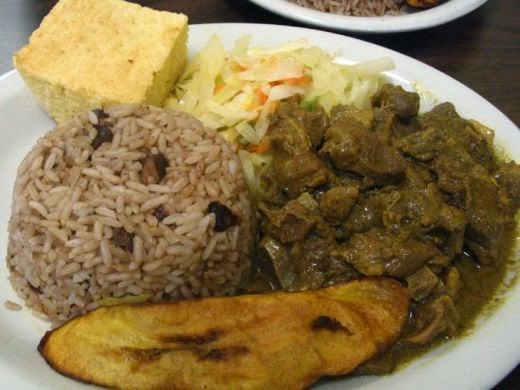“Say
it Loud”
By:
Kimberly Scott
Before coming to Nicaragua to serve in the
Peace Corps, I imagined that it would be similar to my study abroad experience
in Ecuador: teaching English, speaking Spanish, and indubitably changing lives.
But, I did not expect that the life that weighed the most change was that of my
own.
During our Pre-Service Training in
Washington, D.C, I precisely remember the reenactments of the tough situations
that volunteers have encountered during their service and it was to no surprise
that our group blindly selected to reenact the issues of a Black American
Volunteer. Moreover, not only did we model the conversation that the volunteer
was expected to have with their colleagues; we reflected how the people of the
host country would react to the situation. And must I say that since I have
been living in Nicaragua, our conclusions have ceased to amaze me!
Many Nicaraguans who have not had as much
exposure with the diverse American culture in which I come in contact often
assume that I am from the Caribbean Coast, Cuba or the Dominican Republic.
People who are typically not shameful use their curiosity as a catalyst for conversation
starters, while others still need their jaws lifted after seeing my braids. In
these situations, I have learned that a smile can stretch further than any
explanation about what my country, heritage, or character ever could.
Besides being a Black American, I also
identify with the Jamaican heritage where my father and two sisters originated.
I was raised in a mixed Caribbean jungle of South Florida speaking Jamaican
Patois (similar to that of Creole from the Atlantic coast) and delighted in the
same staple foods of Nicaragua and the Caribbean.
(Typical Jamaican food---Rice & Peas
(Gallo Pinto) Plantain (Maduro) Steamed Cabbage (Repollo) Cornbread (Pan) Ox
Tail & Gravy (Carne))
Being able to rest in this dual identity has
given me the strength and knowledge to be able to unite the various cultures of
Nicaragua, and introduce the empowerment that one can embody when they are
secure in their cultural versatility. The commonalities that we share between
attire, traditional dance, music, and food are carefully wrapped into a story
line then gifted to the next generation, often times in black or white. Being a
Black Volunteer has afforded me the opportunity to provide many teachable
moments thus far and I have been able to build open, trusting relationships
with my students and the people in my community.
Signed ----AndProud!



